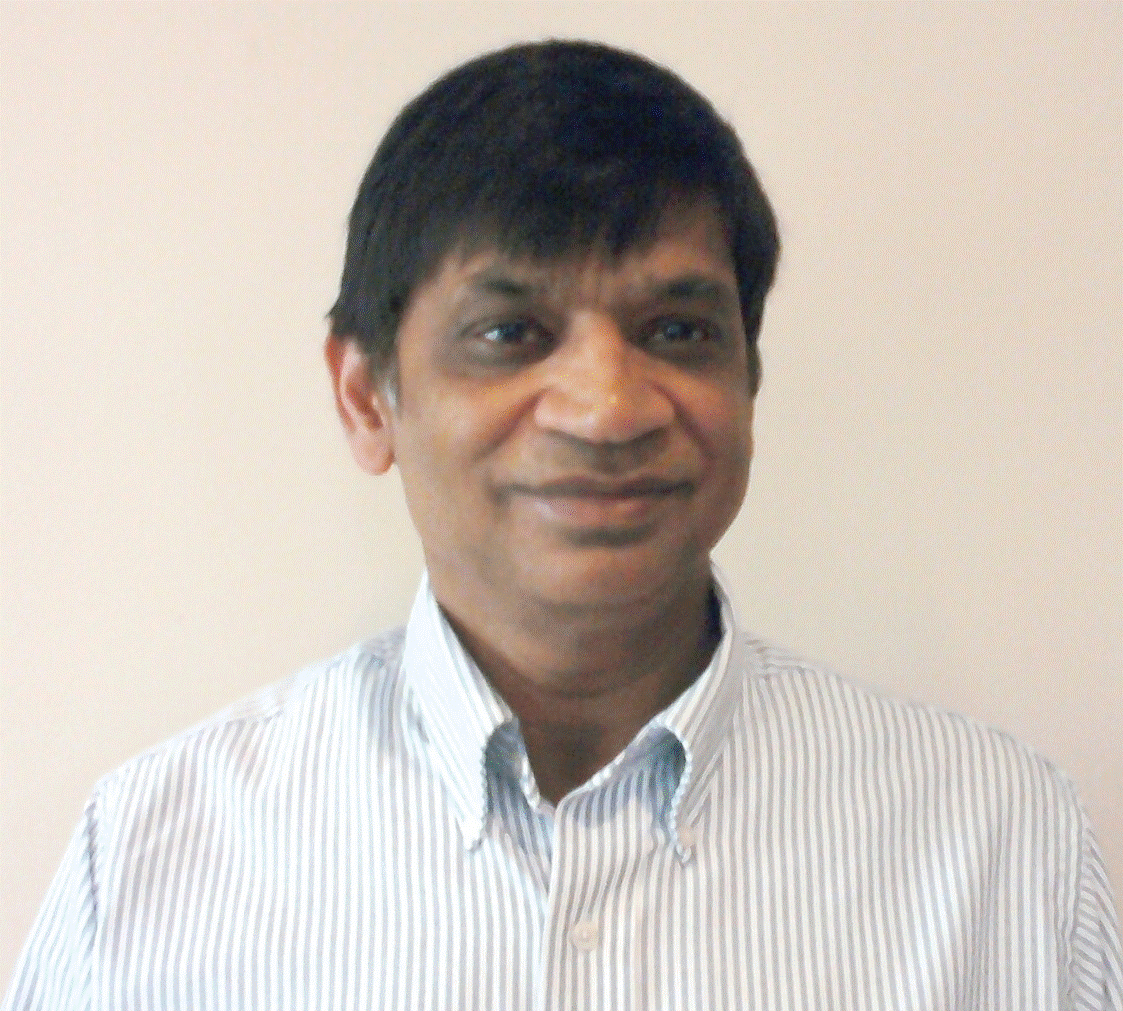|
I am a professor in the Computer and Information Systems (CIS)
department at Temple University,
Philadelphia, PA, an IEEE Life Fellow and IEEE distinguished visitor. From
2008-2014, I served as a program director at the National Science Foundation
where I directed the computer systems research program and played leadership
role in the NSF wide sustainability initiative. From 1997 to 2008 I was with Intel
Corporation, and from 1991 to 1997 with Ericsson (formerly Bellcore). Prior to this, I was an Associate Professor of
Computer Science at Penn State University. My current research areas include
the integration of logic reasoning with computer vision, intrabody
networking, enterprise configuration management, and storage systems. I have
worked on a very wide range of research topics in the past including energy
management, cyberphysical systems,
telecommunications systems,
computer architecture, and wireless networks. I wrote a highly
acclaimed graduate textbook Introduction to Computer System Performance
Modeling, McGraw Hill 1992. |
Krishna Kant
IEEE Fellow
IEEE distinguished
visitor
|
In the past I have worked at the
National Science Foundation, Intel,
Bellcore (now Ericson), Penn State University, and
Northwestern University.
I was elected a fellow of the IEEE for contributions to
enterprise server performance and power management technologies and Domain Name
System Robustness. In 2021, I was elected IEEE distinguished visitor. At the
National Science Foundation, I represented the CISE directorate in driving the
large Sustainability initiative called SEES (Science, Engineering, and
Education for Sustainability) from its inception in 2010 until 2013, including
the many funding programs that it produced. In 2012 I received NSF director’s
award for my contributions to SEES. This site provides
topic areas for some of my IEEE distinguished visitor talks.
Latest:
TU-DAT (Temple University data on anomalous
Traffic). This is a large labelled dataset that we created containing many
driving anomalies under different weather conditions and can be used by
researchers for deep learning based studies on traffic charcterization
and anomaly detection and prediction. Also see our related paper in IEEE-ITS
Configuration dataset for Evaluating Cloud Storage
Gateway Performance.
This dataset was collected using a real CSG product. It collects performance of
the Gateway under a wide range of configurations.
For more detailed
information please click
the following links.
- Detailed Professional Vita (Including
links to publications)
- Tutorial on Data Center Challenges , Computer Networks Journal, Vol 52,
#17, Dec 2009 .
·
Workshops
1. NSF Workshop on Communications for sustainability (WICS, June 2011)
2. Workshop on Pervasive Computing at Scale (PeCS, Jan 2011)
3. NSF/CCC workshop on role of computer science & engineering in sustainability(RISES, Feb 2011)
4. US-India workshop on pervasive computing and communications (PC3, March 2011)
5. NSF CSR workshop (March 2010)
6. NSF-EU workshop on Pervasive Computing and Social Networking (March 2010)
7. US-India workshop on Infrastructure Security (Jan 2010)
8. Science of Power Management Workshop (April 2009)
9. Report of US-India workshop on CS Research/Education (Jan 2009)
10.
Tutorials
- Tutorial on design and operation of sustainable data centers (ISC 2011)
- Tutorial on Surviving Large Scale
Internet Failures (DSN 2007, ICDCN 2009)
- Tutorial on Peer to Peer
Networking (Globecom 2003)
Misc
stuff
